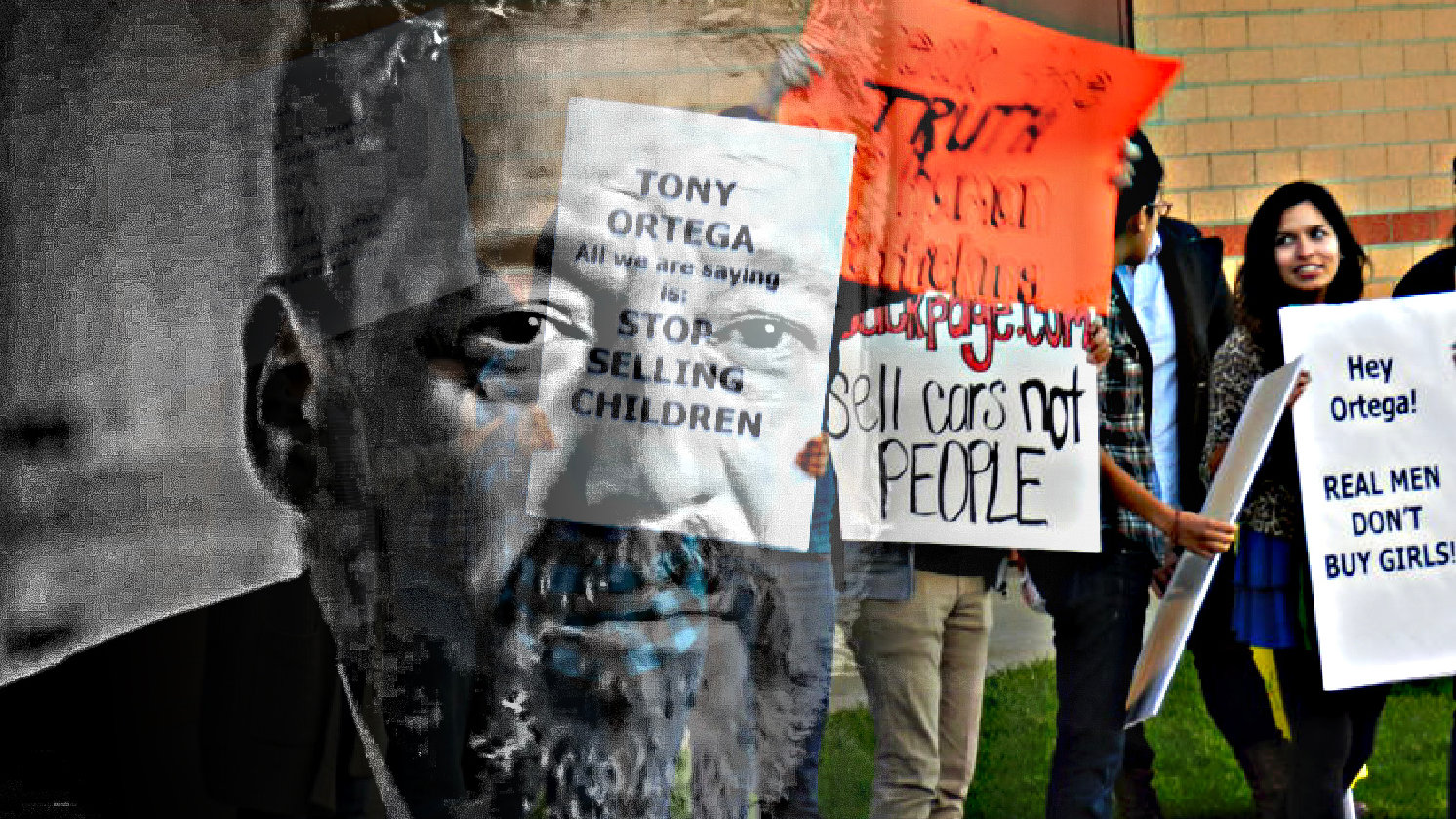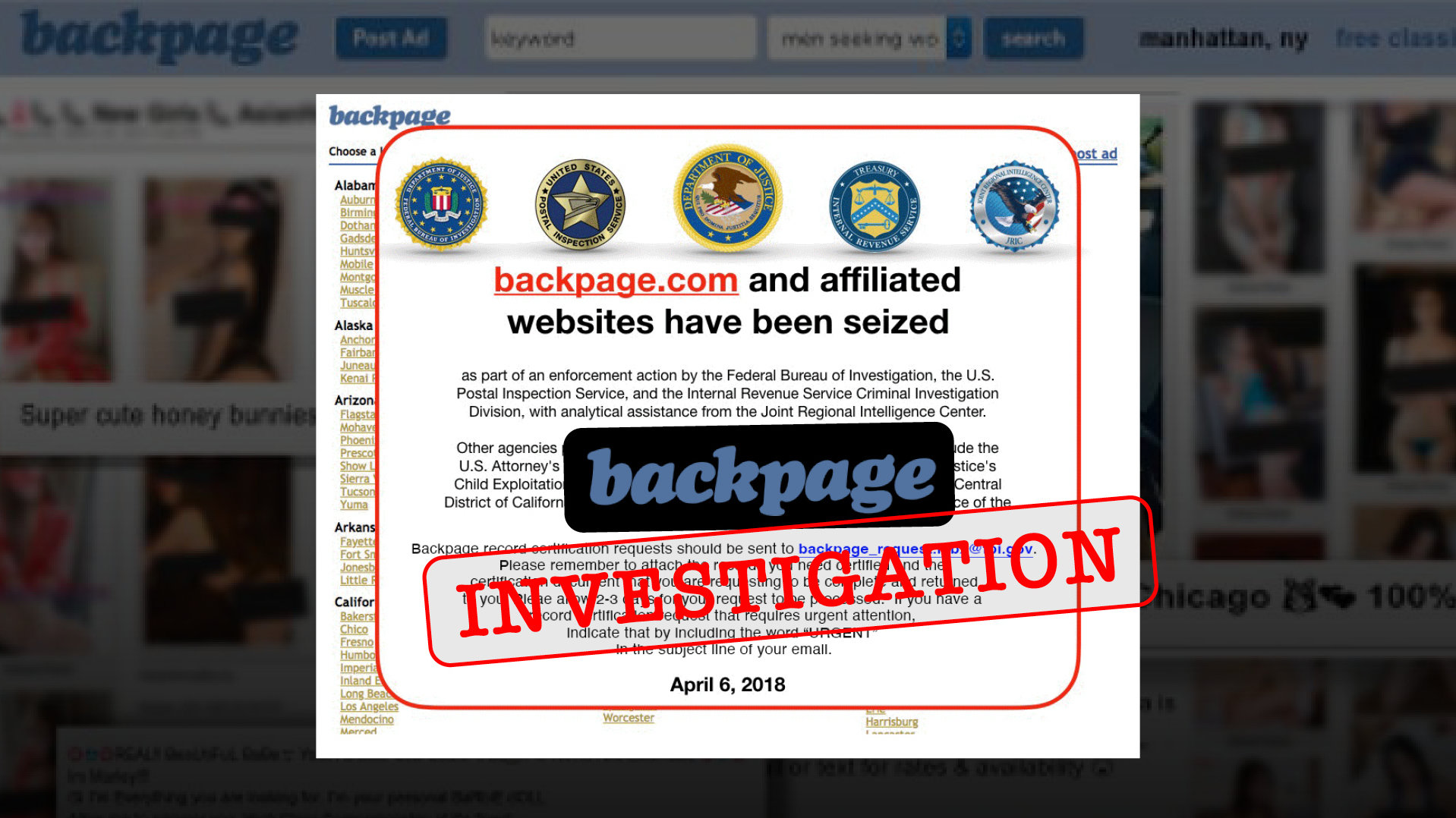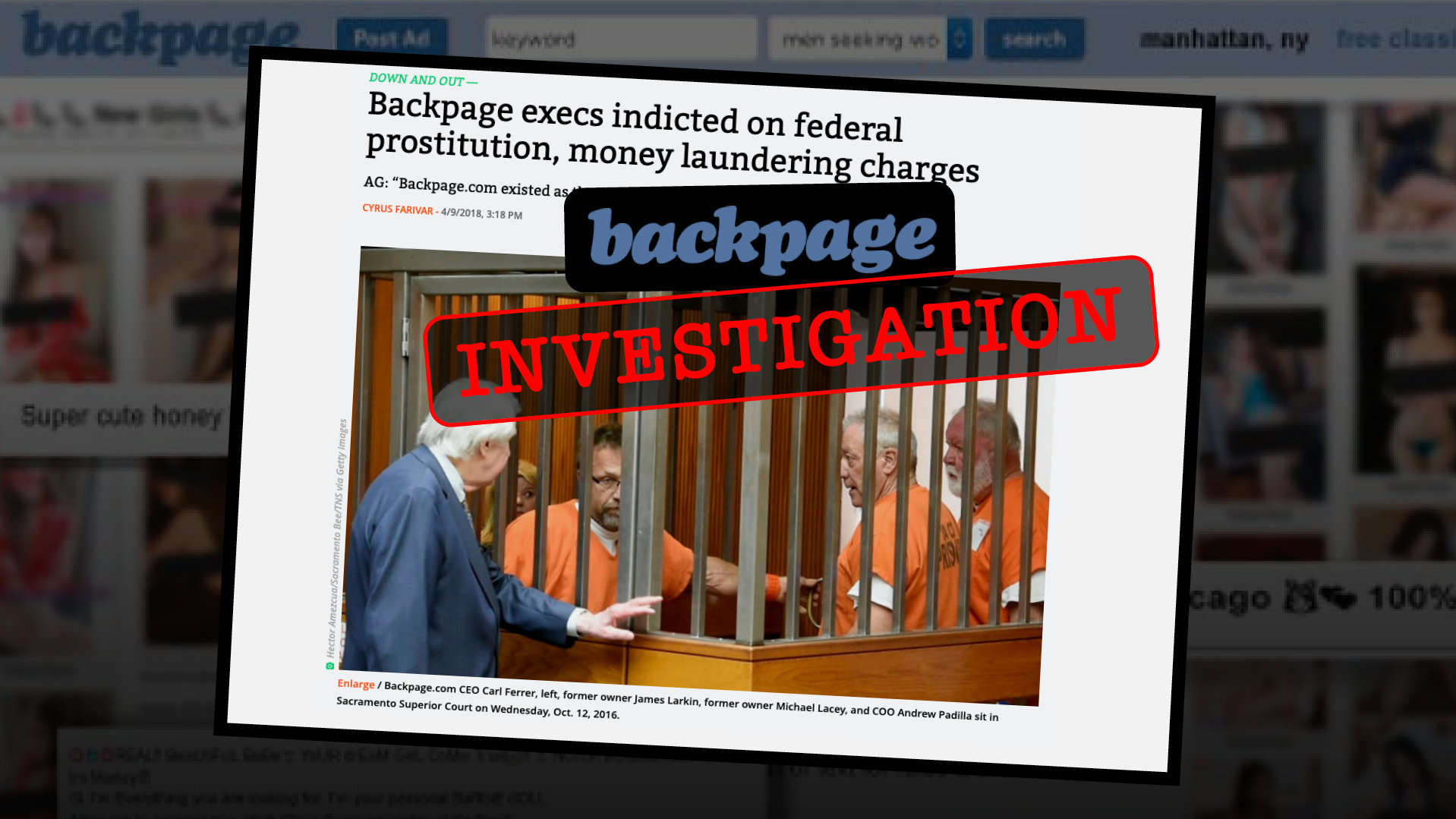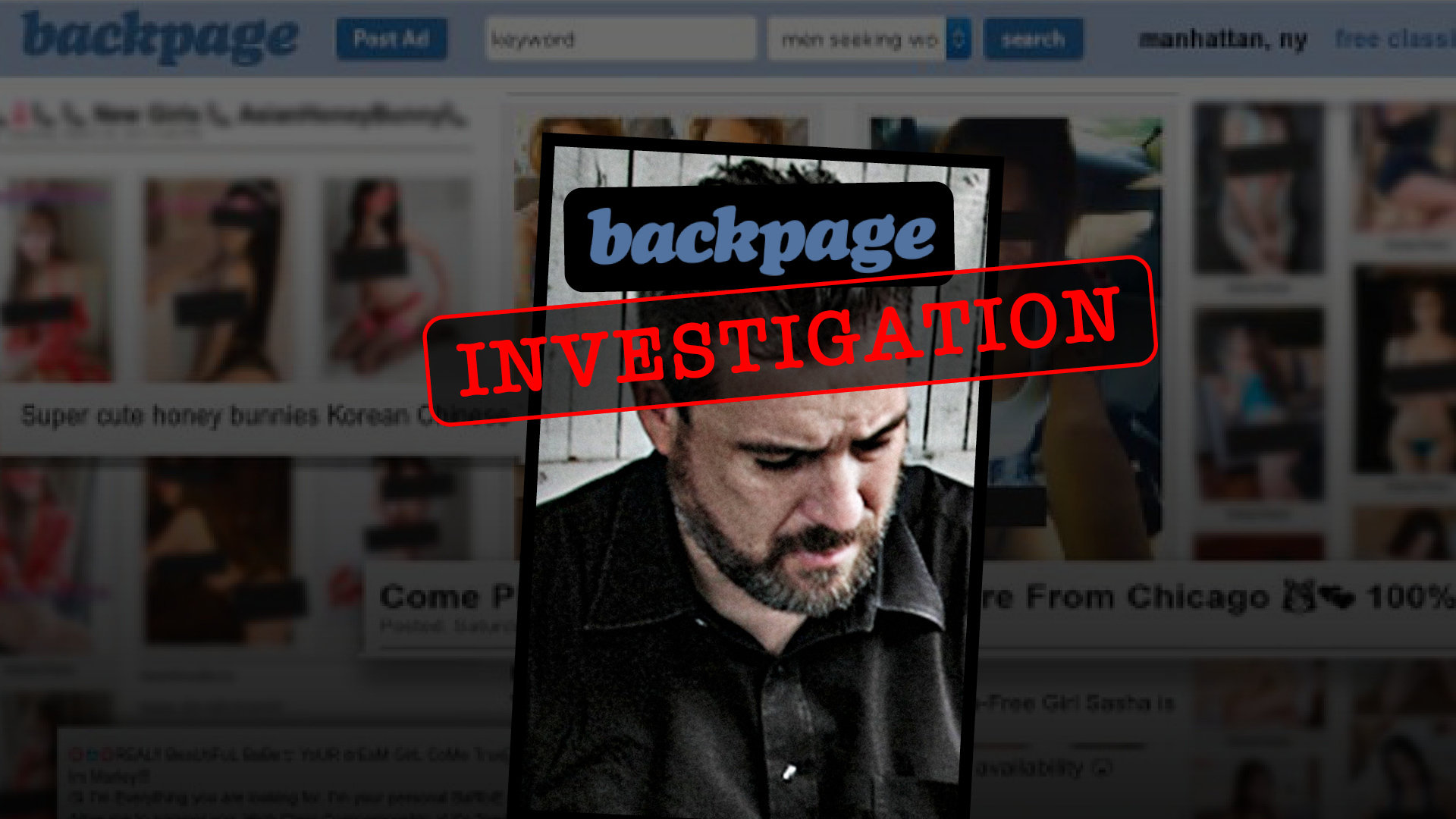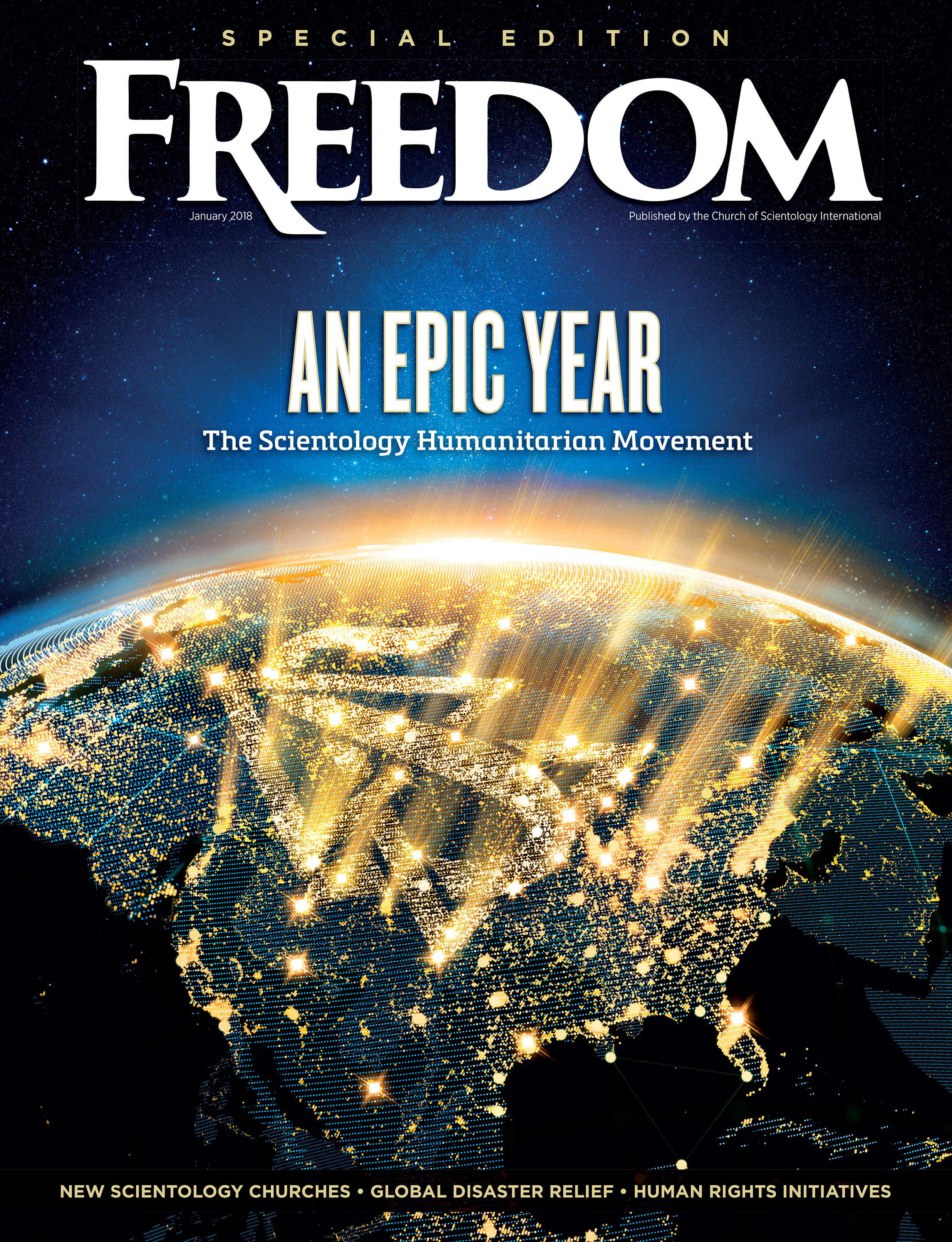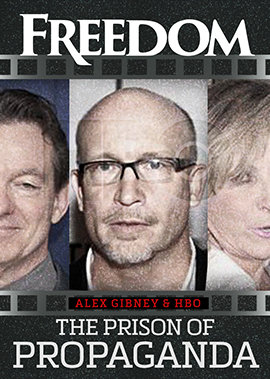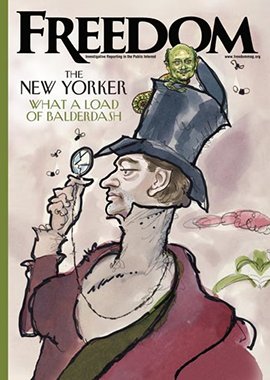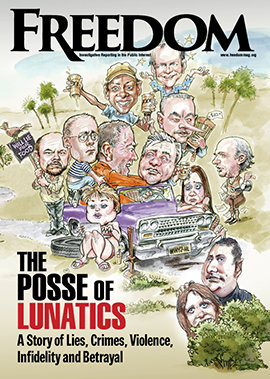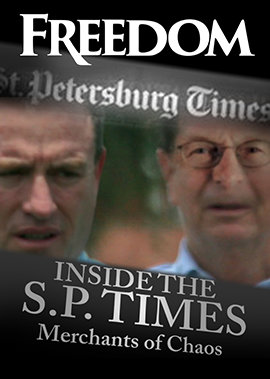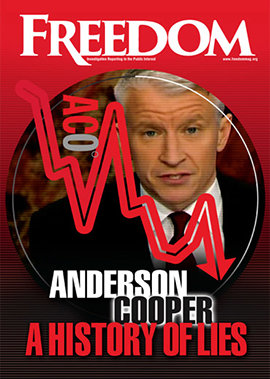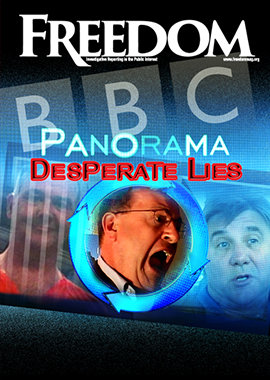Before being shut down by law enforcement in April 2018, Backpage.com was described as the largest online brothel, generating up to $2 million a month and some $500 million a year through adult classifieds, including many that knowingly prostituted underage girls.

Lacey and Larkin face charges of facilitating prostitution and money laundering. Federal and state government investigators have described Backpage.com as a massive moneymaking scheme to sell ads for sex.
The Backpage defendants’ claims that their activities are protected by the First Amendment, and that they are martyrs in the cause of free speech, falls apart in context of a 2017 report of a Senate investigation into Backpage that found its owners were well aware the publication was accepting sex ads illegally prostituting minors and had concurrently established editorial practices designed to sanitize such ads. That investigation was based on the examination of more than 100,000 Backpage internal documents.
According to the Senate report: “Backpage does not deny that its site is used for criminal activity, including the sale of children for sex. Instead the company has long claimed that it is a mere host of content created by others and therefore immune from liability under the Communications Decency Act (CDA).”

Further: “The internal company documents obtained by the Subcommittee conclusively show that Backpage’s public defense is fiction. Backpage has maintained a practice of altering ads before publication by deleting words, phrases and images indicative of criminality, including child sex trafficking.”
The report pointed out that Backpage avoided revealing this information. “Backpage had good reason to conceal its editing practices: Those practices served to sanitize the content of innumerable advertisements for illegal transactions – even as Backpage represented to the public and the courts that it merely hosted content others had created.”
“Seven years ago, the people I work for were smart enough to start Backpage.com,” Ortega wrote, and immediately began to attack anyone who exposed Backpage’s abuses.
The lid first started to come off on Lacey and Larkin’s operation in 2007, when the pair owned both Backpage and Village Voice, which then profited from the sales of adult ads. When Backpage came under fire for enabling underage sex trafficking, the first to come to its defense was then Village Voice editor Tony Ortega.
“Seven years ago, the people I work for were smart enough to start Backpage.com,” Ortega wrote and immediately began to attack anyone who exposed Backpage’s abuses – most notably CNN reporter Amber Lyon and celebrity activist Ashton Kutcher.
Ortega not only attacked those who called for an investigation into Backpage, but touted the Backpage process of screening personal ads for illegal content – the same practice reported by the Senate investigation.
The Church of Scientology was among those calling on state and local law enforcement to investigate Ortega and Backpage for criminal activities. Spooked that the charges being made by the Church were closer to the truth than anyone at that time suspected, Larkin and Lacey distanced themselves and the Voice from Ortega by firing him, but not without providing a substantial payout.
Before being kicked out, Ortega had advanced the same First Amendment arguments as Lacey and Larkin have asserted. As Ortega wrote in an editorial: “The First Amendment was shouted down in the name of children.”
The First Amendment was never “shouted down.” The issue was always protecting children being prostituted into human slavery.
Preserving the guarantees of the First Amendment is of utmost importance to the media and to all people. Democracy cannot survive without the free exchange of ideas. But the line must be drawn when “free speech” is used as a cloak for criminality by those such as Lacey, Larkin and Ortega.
Arguments on both sides will play out in court. The final decision is certain to have an impact both on how media is governed by the First Amendment, as well as drawing a sharp line between where we separate legitimate reporting and veiled criminality.


